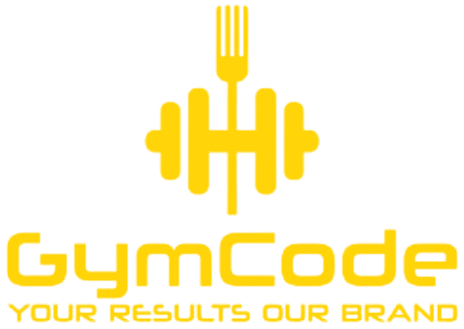Cholesterol is often misunderstood but is actually a vital substance needed by the body. It plays a crucial role in building and repairing cells, producing hormones, and aiding in the digestion of fats. While the liver produces most of the cholesterol your body needs, dietary sources also contribute to your cholesterol levels.
Types of Cholesterol
Cholesterol travels through the bloodstream attached to proteins, forming lipoproteins. The two main types of cholesterol are:
- LDL cholesterol (low-density lipoprotein): Often dubbed the ‘bad’ cholesterol, LDL contributes to fatty buildups in arteries (atherosclerosis), increasing the risk of heart disease and stroke.
- HDL cholesterol (high-density lipoprotein): Known as the ‘good’ cholesterol, HDL carries cholesterol from other parts of your body back to your liver, which then removes it from your body.
The balance between these types of cholesterol is crucial in maintaining cardiovascular health. High levels of LDL cholesterol can lead to plaque formation in the arteries, narrowing and hardening them, which could escalate to heart attacks and strokes. Conversely, high levels of HDL cholesterol are beneficial and protective against heart disease.
Dietary Changes to Reduce Cholesterol
Your diet plays a pivotal role in managing cholesterol levels. Here’s how you can adjust your eating habits to support heart health:
Reduce Intake of Saturated and Trans Fats
Saturated fats, found in animal products and certain oils, can raise your LDL cholesterol. Limiting these fats and avoiding trans fats—often found in fried foods and commercial baked goods—can reduce your bad cholesterol levels. Instead, focus on foods rich in unsaturated fats, like fish, nuts, and avocados.
Embrace Foods High in Soluble Fiber
Soluble fiber reduces your body’s absorption of cholesterol. Incorporating foods like oats, beans, lentils, apples, and carrots into your diet can help reduce LDL cholesterol.
Add Plant Sterols to Your Diet
Plant sterols help block the absorption of cholesterol in the digestive tract, which can lower LDL cholesterol. Foods fortified with plant sterols, like certain margarines and orange juice, can be part of a cholesterol-reducing diet.
Lifestyle Modifications for Cholesterol Management
Beyond diet, other lifestyle changes can significantly impact your cholesterol levels:
Increase Physical Activity
Regular exercise can help raise HDL (good) cholesterol levels while also aiding in weight management. Aim for at least 30 minutes of moderate-intensity exercise, such as brisk walking, most days of the week.
Quit Smoking
Smoking lowers HDL cholesterol and damages your blood vessels, compounding the risk of atherosclerosis. Quitting smoking can improve your HDL cholesterol level and significantly benefit your heart health.
Limit Alcohol Consumption
Drinking alcohol in moderation can potentially lead to a slight increase in HDL cholesterol, but excessive alcohol intake can have the opposite effect, raising your triglyceride levels and contributing to high blood pressure or hypertension.
